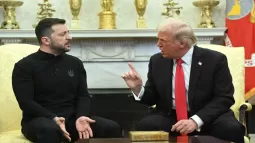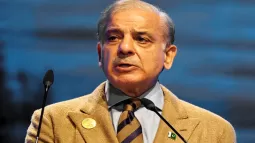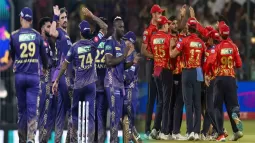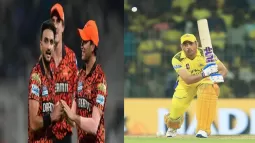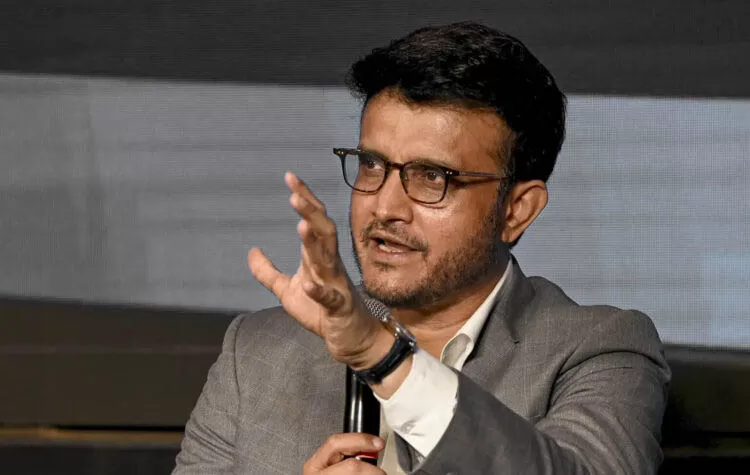
Ganguly Asks for Instant Suspension of Bilateral Series Due to Security Issues
In the wake of the recent terrorist attack on civilians in Pahalgam, Jammu and Kashmir, former Indian cricket captain Sourav Ganguly has demanded an outright suspension of cricketing activities with Pakistan. Emphasizing national security as the utmost priority, Ganguly asked the Board of Control for Cricket in India (BCCI) to put an end to any thought of bilateral matches with the neighboring nation.
Cricketing Relations Strained Since 2008
India has not visited Pakistan for any cricket competition since 2008, a position it has upheld in the wake of the Mumbai terrorist attacks. The two countries last had a bilateral series in India during the season of 2012-13. India and Pakistan have only clashed at neutral grounds since then, mostly at ICC events. There have always been off-field tensions that have adversely affected any chances of restarting normal series.
The recent attack in Pahalgam again fueled calls from different quarters for a total severance of sporting relations. Former India cricketer Sourav Ganguly, who was once captain of the national side and went on to become the BCCI President, spoke out on the issue strongly. He urged the board to firm up and not play Pakistan in any cricket tournament in the future.
Ganguly: 'Cricket Ties Must Be Severed'
Sourav Ganguly issued a strong statement against terrorism and the trend of repeated attacks. Addressing the media, he spoke in unambiguous terms in favor of demands to suspend cricket matches with Pakistan. "I agree 100 percent. Cricket relations with Pakistan should be cut. It should be done. Strict action should certainly be taken. It is not amusing that such incidents keep recurring every year. Terrorism should not be accepted at all," he said.
His comments come during a time of heightened public sentiment in light of the ongoing violence in Jammu and Kashmir. Ganguly's comment is set to shape public and official thinking regarding sporting diplomacy, which is frequently subject to highs and lows on the basis of geopolitical advancements between the two nations.
Silence from Pakistani Cricketers Draws Criticism
Following the Pahalgam attack, public debate also turned to the silence of Pakistani cricketers. Apart from Danish Kaneria, no high-profile Pakistani players have come out in condemnation of the attack. The silence has been interpreted by many as indifference or complicity, leading to criticism on Indian media and social media.
The contrast has been remarked, especially because in previous tournaments such as the Champions Trophy, a number of Pakistani players had made powerful political statements against India. Their failure to respond now is being read as indicative of a larger apathy or concurrence with the official line of the Pakistani state, which tends to avoid recognizing such attacks when attributed to cross-border terrorism.
Political Implications for Sports Diplomacy
The demand for severing cricketing relationships is not all about emotional response—it brings to the fore a typical dilemma in India-Pakistan affairs. Sport, particularly cricket, tends to become a mere extension of diplomatic signaling. Ganguly's words are important here considering his standing in Indian cricket and his previous administrator status.
As security issues at the national level escalate, utilizing sports diplomacy as a bridge seems to become less and less feasible. Under growing pressure from public leaders and in the face of no matching condemnation from the Pakistani leadership, future games between the two nations—particularly bilateral ones—are not on the cards in the near future.



